How AI Tools Like ChatGPT Helps Mobile App Development?
23 May 23 

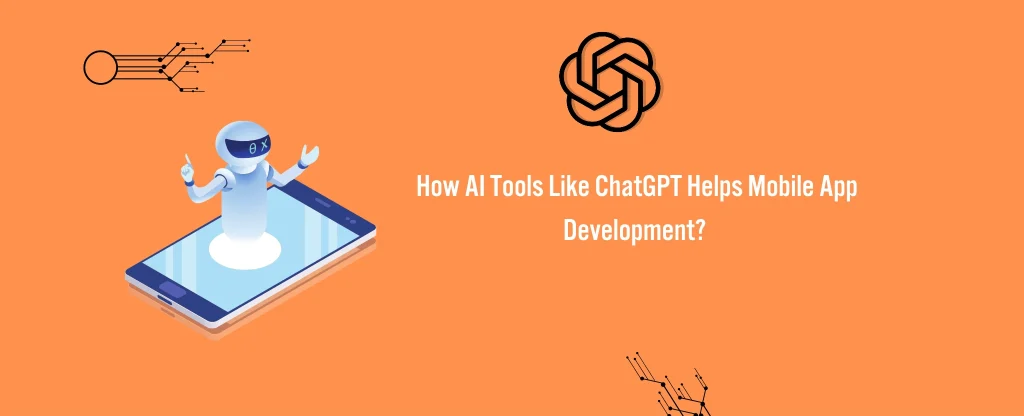
The maintenance of market competitiveness and the expansion of the mobile app development sector have always benefited from AI.
Indeed, the market for artificial intelligence software has been growing over time, and it will be worth approximately USD 126 billion by 2025.
Entrepreneurs anticipate the use of artificial intelligence in the creation of mobile apps for this reason. If you’re one of them and are curious to learn more about utilizing AI to develop mobile applications, read this blog.
What is Artificial Intelligence?
Developing intelligent computers that can carry out activities that traditionally demand human intellect is the goal of artificial intelligence (AI). AI is a broad field of software engineering.
While numerous methods are related to AI, it is a multidisciplinary discipline. Moreover, recent developments in machine learning and deep understanding are causing a paradigm shift in almost every technology area.
Machines equipped with artificial intelligence can mimic or even outperform human brain functions. Additionally, AI has become a part of daily life and is a field in which businesses in all sectors are investing money. Examples include the creation of autonomous vehicles and the widespread use of smart assistants like Siri and Alexa.
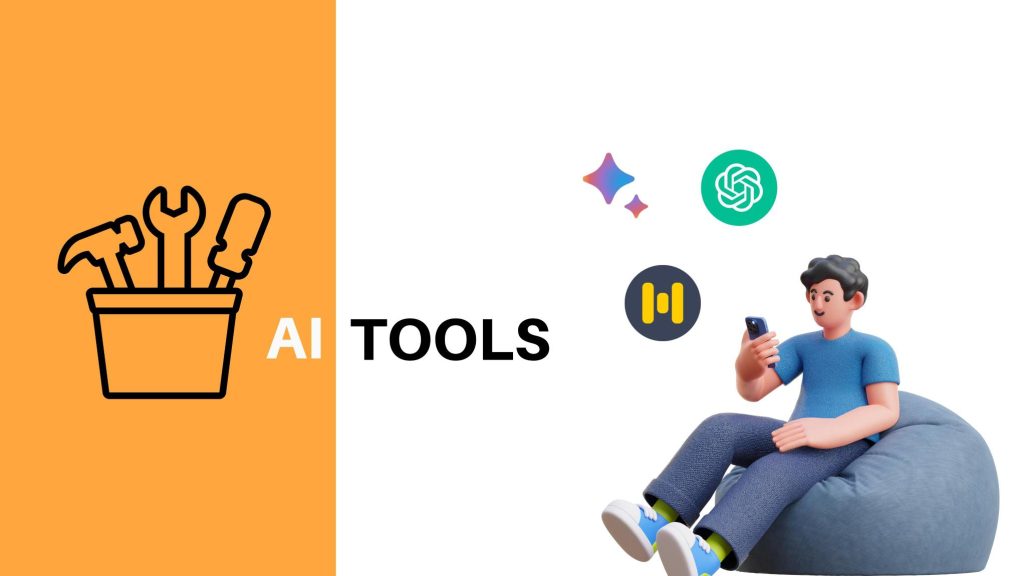
Importance of AI in Mobile App Development
Artificial intelligence (AI) is a modern term that has swept the technology world. We have all encountered artificial intelligence directly in our daily lives; we aren’t aware of it.
The advantages of AI are astounding, ranging from voice assistants and chatbots to internet search suggestions. As a result, AI is currently evolving as a fundamental part of our lives.
AI will play a significant role in developing mobile apps if you intend to add innovation and originality to your app. Additionally, it leverages the machine’s ability to react effectively. The primary purpose of AI in mobile applications is to solve common problems for users and enhance their quality of life.
What Are Some of the AI Tools?
ChatGPT
Let’s begin with a summary of the ChatGPT phenomenon. It is an interactive interface for the GPT-3 big language model from OpenAI, which was only recently made accessible to everyone as an unrestricted study review.
It will generate text from written requests like queries or directions regardless of format, such as prose, poetry, or even program code.
Dall-E 2
Another OpenAI project, ChatGPT, and this combined initially sparked customer curiosity in creative AI. This one converts messages into graphic visuals (such as pictures, drawings, paintings, etc.).
Diffusion 2 Stable
This program uses generative AI to convert text into images. In contrast to Dall-E 2, the code it uses and information on the data for training and balancing employed by its algorithms are publicly available. Moreover, unlike OpenAI’s projects, the software can be downloaded and run on your machine.
Krisp
Unlike other conference calling tools, this one employs algorithms to instantly eliminate echoes, noise in the background, and other intrusive aspects, ensuring that your voice is always heard clearly and effectively.
Murf
This text-to-speech engine can produce synthetic vocal recordings that seem natural in 15 different languages using a selection of more than 100 accents and languages. This output makes it simple to include narration and voice-overs in automated marketing campaigns or video material.
Robot Lawyer
This programme is designed to automatically translate difficult and baffling “legalese” into English that everyone can comprehend.
Both consumers who want to guarantee that they comprehend the laws and legal professionals who want to ensure that their contracts and paperwork are prepared in clear language can use the best custom GPT available and will find this helpful resource.
What is ChatGPT?
A powerful AI language model called ChatGPT, or Chat-based Generative Pre-trained Transformer, was created by OpenAI. It is intended to comprehend, produce, and participate in conversations involving human-like text.
The GPT (Generative Pre-trained Transformer) architecture, based on ChatGPT, has been improved using vast quantities of data to provide a profound grasp of terms and meanings.
Features of ChatGPT in Mobile App Development?
The outstanding capabilities that ChatGPT offers are designed with business users in mind. These essential qualities include:
1. Contextual Responses: ChatGPT may offer thorough explanations and carry out commands depending on the context, ensuring meaningful outcomes. This helps with a practical understanding of the mobile app development processes.
2. Utilizing GPT-3 Technology: One of the most sophisticated language models now in use serves as the foundation for ChatGPT’s abilities as an outcome of OpenAI.
3. Supporting Manifold Languages: ChatGPT, which caters to international audiences, can communicate with users in several dialects, resulting in a valuable tool for professionals worldwide.
As ChatGPT adheres to multiple languages, mobile app developers benefit from gaining global support and can connect with internal experts.
4. Human Identical Communication: The AI chatbot is intended to engage people in genuine, insightful conversations about various subjects. The developers of mobile apps could directly input their demands and queries into the tool to get the desired output.
This would reduce the developer’s time spent referring to various secondary sources to collect the required data related to mobile app development.
5. Idea Generation: Experts may use the AI chatbot’s skills to develop original ideas and proposals for their campaigns or projects. The developer must have various ideas to brainstorm, and ChatGPT helps by giving multiple views for the developers to develop mobile apps.
6. Content Creation: ChatGPT’s powerful AI algorithms help users create various materials, such as blogs, articles, and social media postings.
7. Constant Advancements: With machine learning algorithms that react to and gain insight into user interactions, ChatGPT’s efficiency will continue to advance as more users try it and give comments.8. Synchronization Opportunities: ChatGPT’s possible use cases are further increased by developers. This is done by integrating ChatGPT through APIs into their applications or sites.
Applications of ChatGPT in Mobile App Development
A few benefits of using ChatGPT in mobile applications across various business sectors follow.
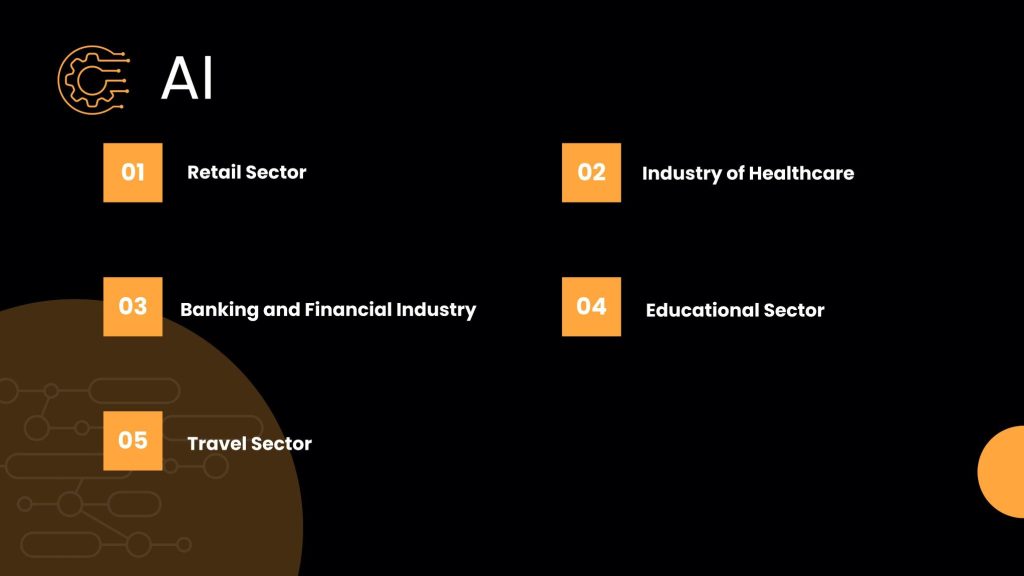
Retail Sector
ChatGPT-powered chatbots may provide clients with individualized purchasing experiences. For example, they can respond to consumer questions, assist them in locating the items they need, and provide relevant product recommendations.
Additionally, chatbots can offer real-time customer care, assisting in promptly and effectively resolving problems.
Industry of Healthcare
Chatbots can help healthcare professionals manage patients, schedule appointments, and offer prescription reminders. Additionally, considering the patient’s concerns and medical background, they can provide individualized health recommendations.
Chatbots driven by ChatGPT can support studies in medicine by gathering and analyzing patient information.
Banking and Financial Industry
Chatbots can help consumers with bank administration, balance queries, and monetary transfers in the finance and banking industries. Additionally, they offer financial guidance based on a client’s financial objectives and background.
By examining consumer behavior and data from transactions, ChatGPT-powered chatbots may also aid in detecting and preventing fraud.
Educational Sector
Chatbots may offer scholars tailored educational opportunities by recommending educational materials, addressing queries, and offering reviews. In addition, professionals can help instructors with administrative tasks like organizing and assessment.
Travel Sector
Chatbots can help clients with itinerary planning, trip reservations, and travel suggestions in the travel sector. Additionally, they can offer current information on travel-related problems, such as aircraft cancellations and postponements
Future of AI Tools in Mobile App Development
Artificial intelligence (AI) has been reshaping industries and enterprises for some time. By anticipating user behavior and tailoring programs to it, AI has significantly improved the user experience in mobile apps.
Therefore, it’s critical to remain informed about the most recent advancements in AI while developing mobile applications due to the quick development speed.
One of the most intriguing future predictions is using AI to deliver overly personalized mobile apps. As our environment becomes increasingly individualized, AI algorithms can analyze enormous quantities of data. Then, they use this analysis to produce experiences customized to consumers’ tastes.
This technology may provide distinctive value propositions that address specific demands, such as personalized information feeds. It can also offer customized purchasing catalogs tailored to individual preferences.
- Android Development3
- Artificial Intelligence27
- Classified App3
- Custom App Development2
- Digital Transformation11
- Doctor Appointment Booking App13
- Dropshipping1
- Ecommerce Apps38
- Education Apps2
- Fintech-Apps34
- Fitness App2
- Flutter3
- Flutter Apps19
- Food Delivery App5
- Grocery App Development1
- Grocery Apps3
- Health Care7
- IoT2
- Loyalty Programs9
- Matrimony Apps1
- Microsoft1
- Mobile App Maintenance2
- Mobile Apps120
- Product Engineering4
- Progressive Web Apps1
- Saas Application2
- Shopify7
- Software Development1
- Taxi Booking Apps7
- Truck Booking App5
- UI UX Design8
- Uncategorized4
- Web App Development1









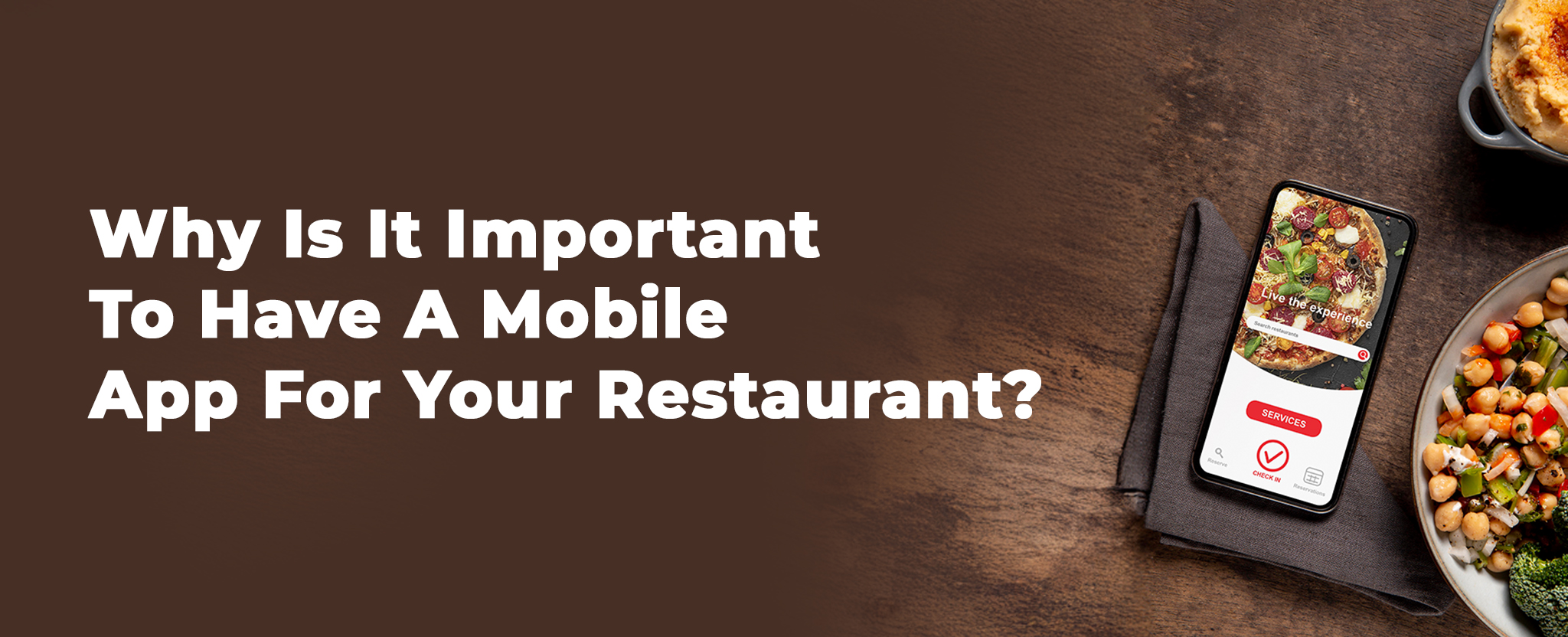
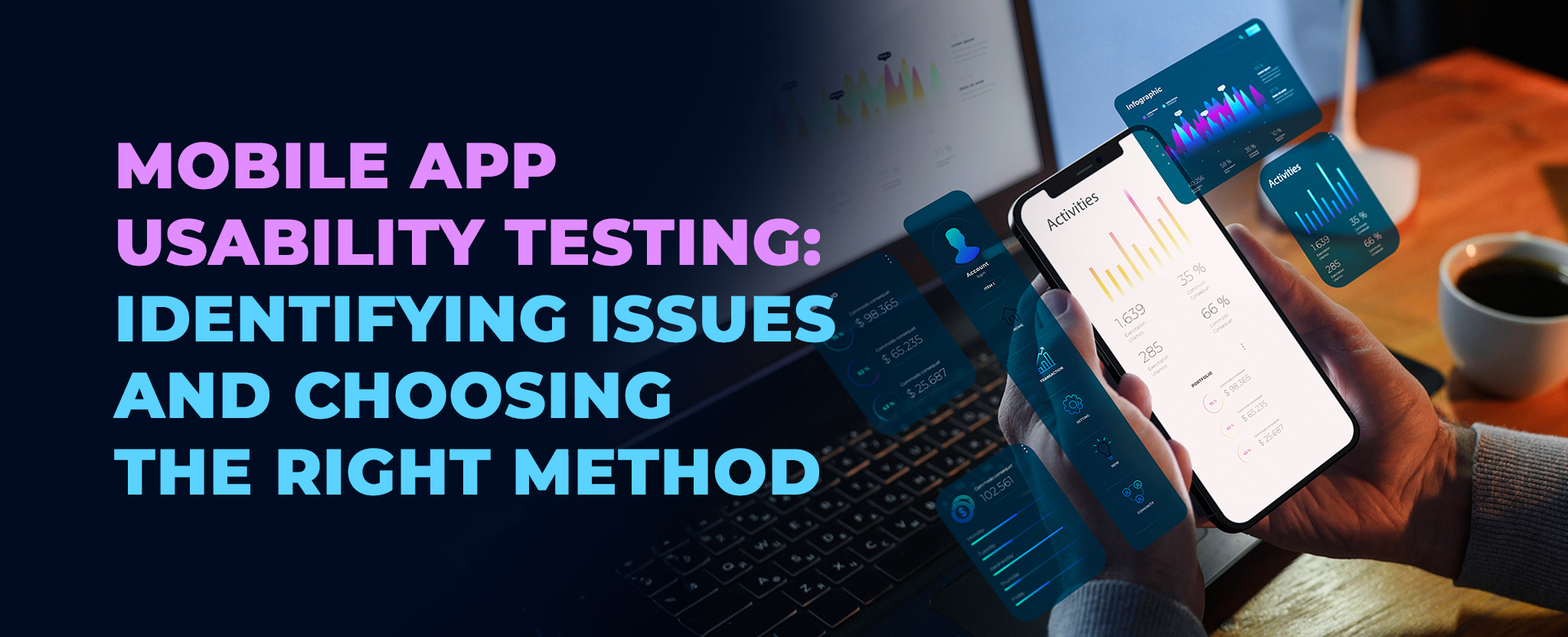
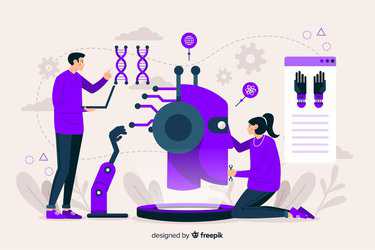
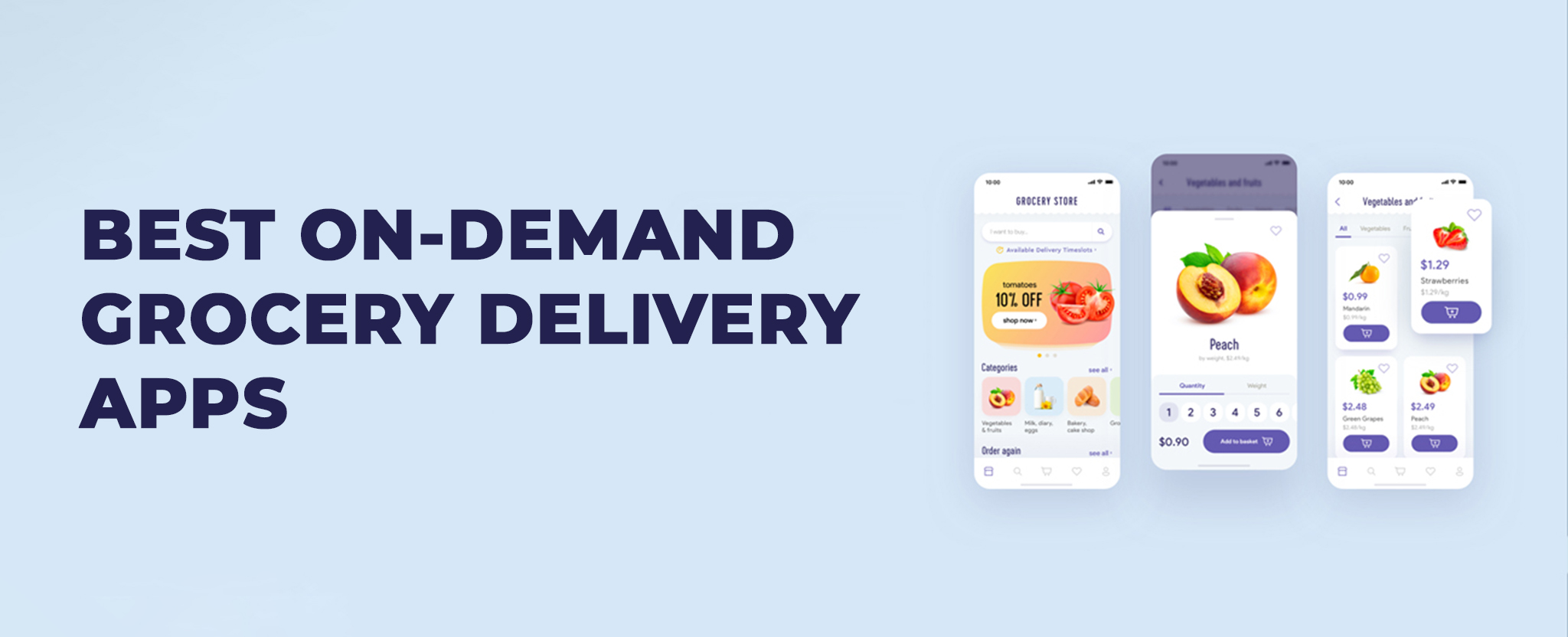






Comments